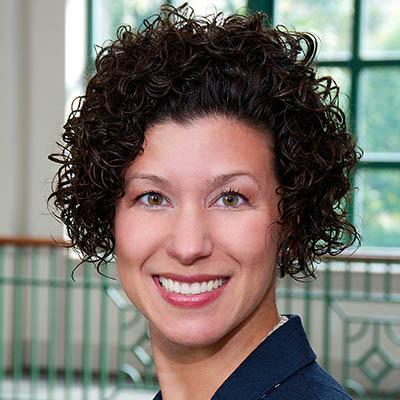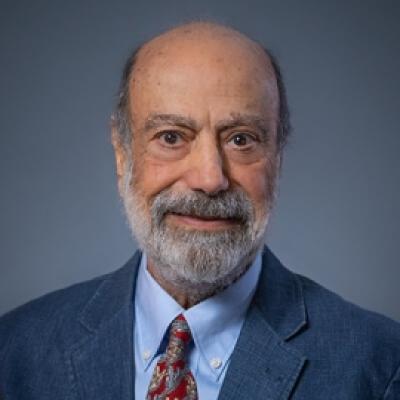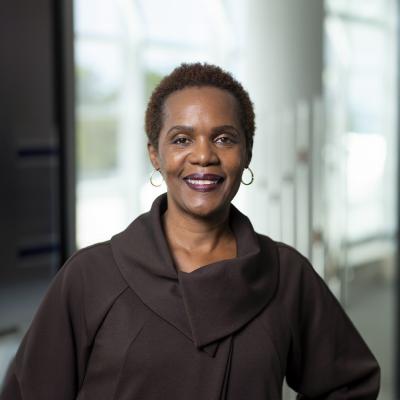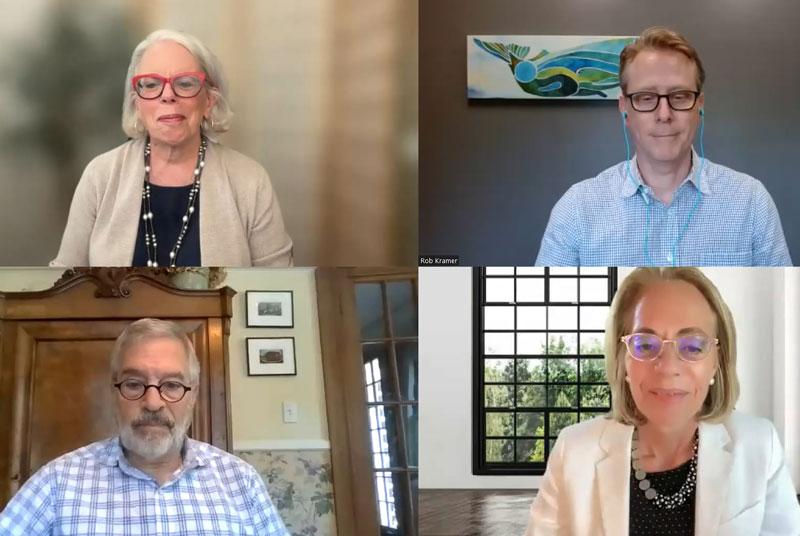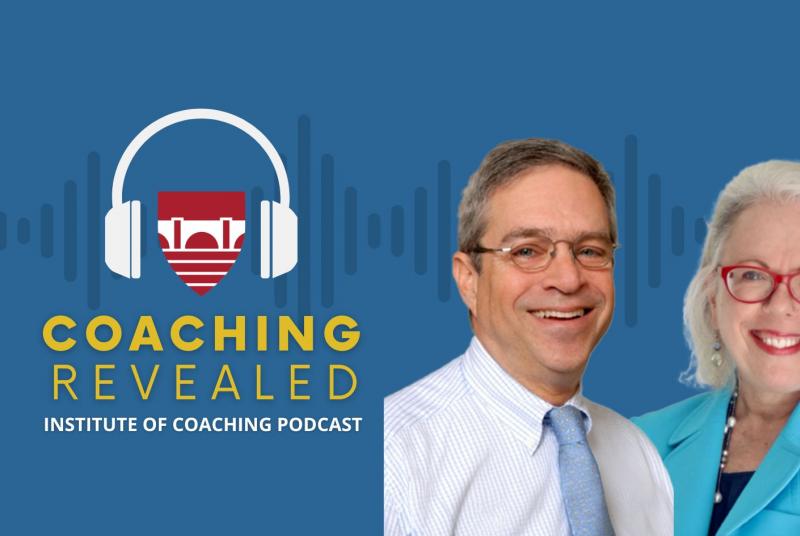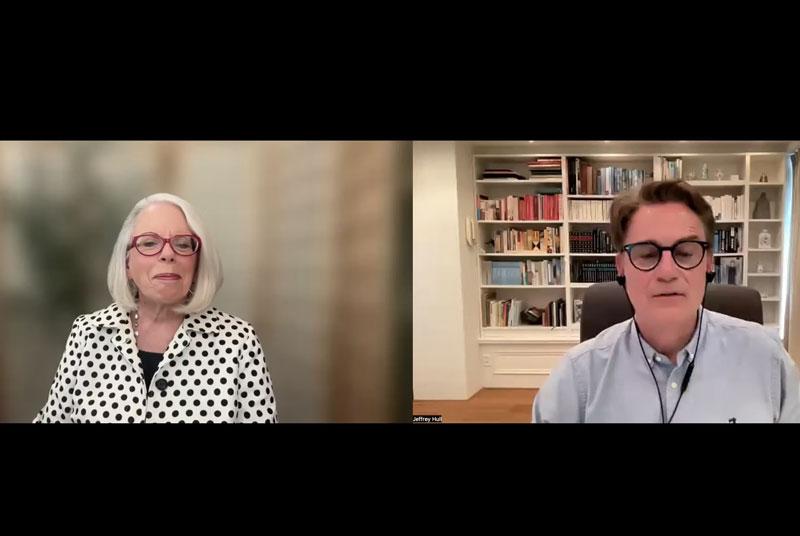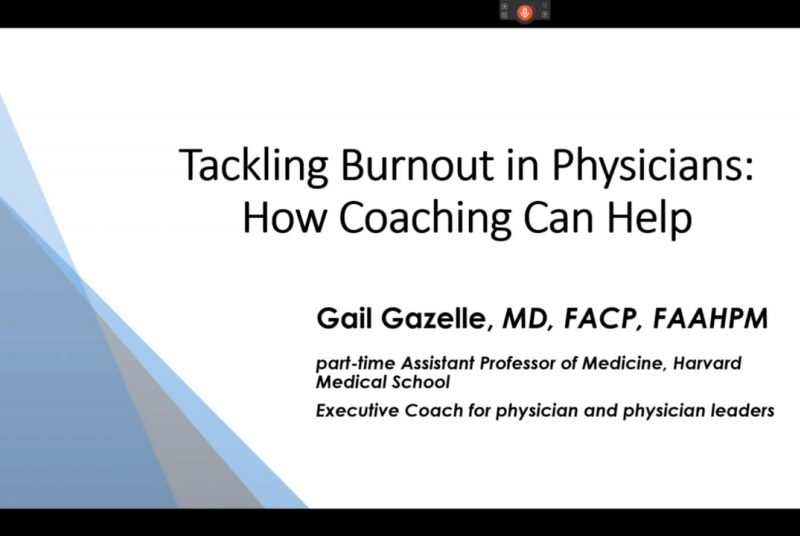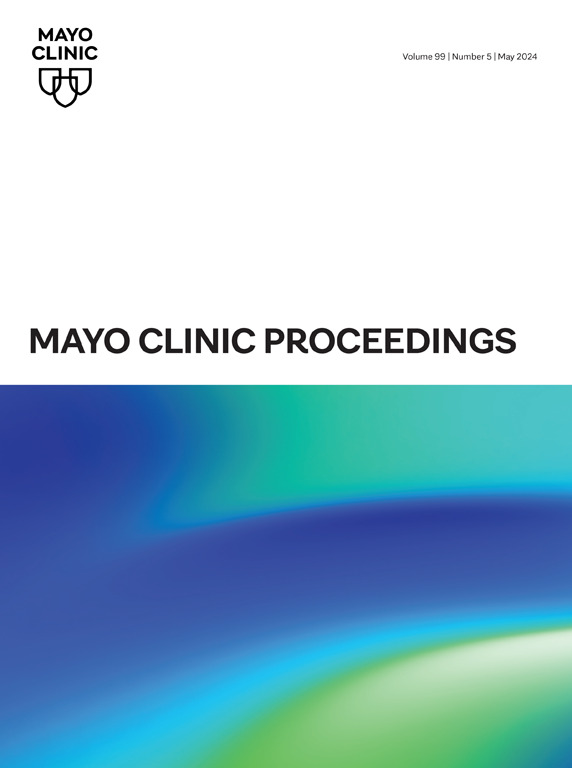
Mayo Clinic Proceedings Paper
Competencies for those who coach physicians
The rapidly evolving coaching profession has permeated the healthcare industry, and is gaining ground as a viable solution for addressing physician burnout, turnover, and leadership crises that plague the industry. While various coach credentialing bodies are established, the profession has no standardized competencies for physician coaching as a specialty practice area, creating a market of aspiring coaches with varying degrees of expertise.
To address this gap, we employed a modified-Delphi approach orchestrated by the Institute of Coaching at McLean Hospital to arrive at expert consensus on competencies necessary for coaching physicians and physician leaders.
Physician Coaching
Coaching is a relational process intended to facilitate self-directed, positive change and growth on the part of the ‘coachee.’ Coaching addresses both personal (e.g. reduced burnout, enhanced work-life integration or wellbeing) and professional (e.g. enhanced leadership skills, job satisfaction, or performance) development objectives of the physician being coached.
Coaching of physicians has been introduced in various formats. The first format, traditional coaching, involves a certified professional coach working one-on-one with a physician. Such coaches are often, but not always, external to the healthcare system or practice at which the physician is employed. We refer to coaches who work with physicians as ‘physician coaches,’ noting that physician coaches need not be physicians themselves.
A group of 11 expert physician coaches generated an initial list of key thematic areas and specific competencies within them. The competency document was then distributed for agreement rating and comment to over 100 stakeholders involved in physician coaching.
The first phase of the study yielded a competency document with 6 key areas:
1- Physician-specific coaching competencies
2- Understanding physician and healthcare context, culture, and career-span
3- Coaching theory and science
4- Diversity, equity, inclusion and other social dynamics
5- Well-being and burnout
6- Leadership
